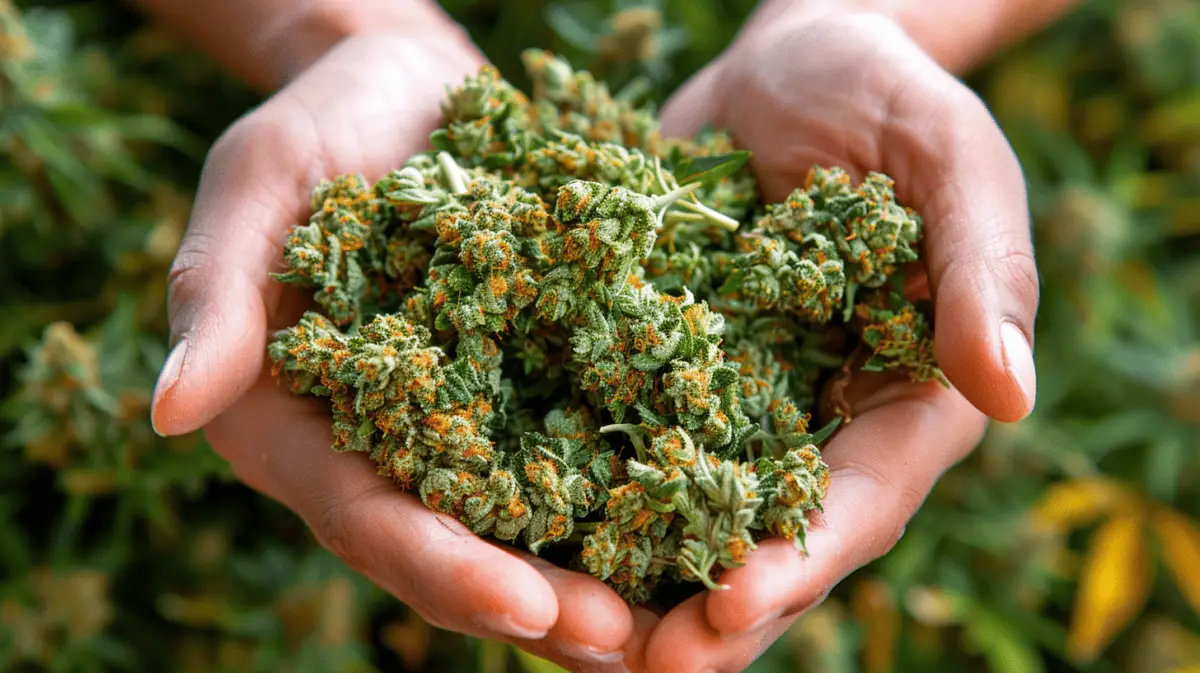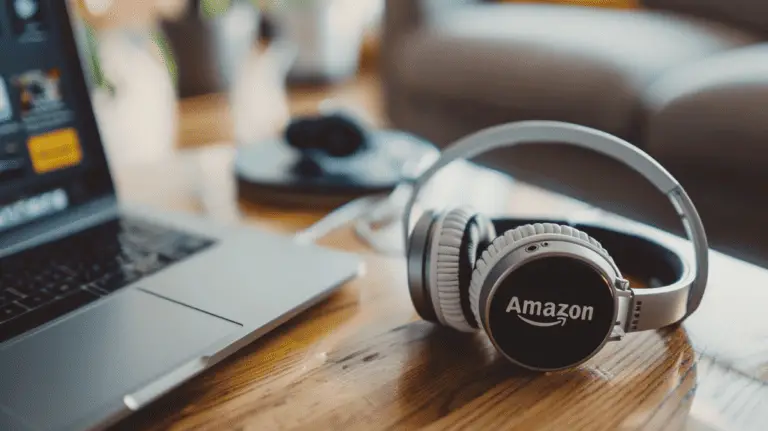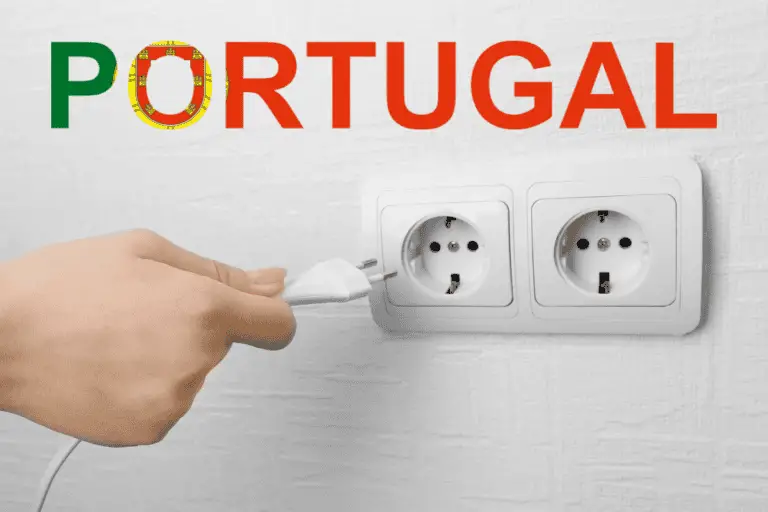Is Weed Legal in Portugal?
Portugal has strict rules against buying or selling weed (marijuana). Yet, back in 2001, Portugal decided to change how it handles people caught with drugs like marijuana for their own use. They wanted to focus more on helping people rather than punishing them for drug problems and to lower crimes linked to drugs.
Now, if someone in Portugal is caught with just a little bit of drugs for their own use, they won’t be treated like they committed a big crime. They might have to pay a fine or deal with other small consequences but won’t be sent to jail.
Even with these changes, it’s still important to remember that having, using, or trying to sell marijuana is illegal in Portugal, and doing any of these things can get you into trouble.
What Happens If Your Caught With Weed (marijuana) In Portugal?
If you get caught with marijuana in Portugal, the consequences can vary widely. For those found with small amounts intended for personal use, the situation is handled as a minor infraction, similar to a traffic violation. This means you might face fines or be subject to other minor penalties. Portuguese laws recognize the possession of limited quantities of drugs, including marijuana, as a non-criminal offense, emphasizing a more lenient approach for personal use.
However, the scenario changes significantly if you’re found with larger quantities of marijuana, suggesting intent to sell or distribute. In such cases, the legal system shifts gears, treating the offense as a criminal matter. This could lead to serious legal consequences, including criminal charges that might result in jail time. The severity of the punishment for marijuana possession in Portugal is contingent upon the amount you have and the specific circumstances of your case, with law enforcement and judicial authorities determining the final outcome based on the evidence and legal guidelines.

Understanding Decriminalization in Portugal
The decriminalization of drug possession for personal use in Portugal is often misunderstood as legalization. However, it’s important to distinguish between the two. Decriminalization means that while the possession of small amounts of drugs, including cannabis, for personal use is not subject to criminal prosecution, it remains an administrative offense.
- Personal Use Limits: In Portugal, individuals are allowed to possess up to 25 grams of cannabis flower or 5 grams of hashish. This quantity is recognized as a personal supply for approximately 10 days. Possession within these limits can lead to administrative actions but avoids criminal charges.
- Consequences of Exceeding Limits: Surpassing the stipulated possession limits or repeated offenses can lead to more severe repercussions, such as mandatory participation in drug treatment programs. Portugal’s policy aims to address and support individuals in overcoming drug addiction, focusing on rehabilitation over punishment.
- Illegal Activities: It is imperative to note that the trafficking, distribution, and cultivation of cannabis for non-medical purposes remain illegal and punishable under Portuguese law. The legislation draws a clear line between personal use and activities that suggest commercial or trafficking endeavors.
The Legal Framework for Medical Cannabis
Recognizing the therapeutic benefits of cannabis, Portugal has legalized its use for medical purposes, subject to strict regulations. This move aligns Portugal with a growing number of countries that acknowledge the potential of cannabis in treating various medical conditions.
- Regulatory Framework: Portugal’s legal framework for medical cannabis, outlined in Law no. 33/2018 and Decree-Law no. 8/2019, establishes the conditions for its prescription, dispensation, and cultivation. A doctor’s prescription is mandatory, and medical cannabis must be dispensed by licensed pharmacies.
- Prescription Criteria: Cannabis can be prescribed for conditions where the patient is believed to benefit from its use, especially when conventional treatments are ineffective or lead to adverse side effects. The law ensures that medical cannabis is considered a last resort, emphasizing its medical rather than recreational use.
- Cultivation and Access: Although personal cultivation of cannabis for any purpose is prohibited, licensed facilities are permitted to grow cannabis for medical use. This strict regulation ensures controlled access to medical cannabis, safeguarding against misuse and diversion to the recreational market.
Decriminalization Versus Medical Necessity
Portugal’s drug decriminalization policy does not advocate for the unrestrained use of cannabis. Instead, it represents a compassionate approach to drug addiction, emphasizing support and treatment over criminal penalties.
- Impact on Public Health: Research indicates that decriminalization in Portugal has led to positive public health outcomes, including a decrease in drug-related deaths and HIV infection rates among drug users. By removing the stigma associated with drug use, more individuals are encouraged to seek help for addiction.
- Access to Medical Cannabis: The legalization of medical cannabis in Portugal, while a significant step forward, comes with stringent controls to ensure it is reserved for patients genuinely in need. The process involves thorough medical evaluation and adherence to prescribed treatments, underlining the country’s cautious but progressive stance on cannabis.
Industrial Hemp and CBD: A Regulatory Overview
The cultivation of hemp for industrial purposes is legal in Portugal, subject to specific regulations that differentiate it from high-THC cannabis plants. This distinction is crucial in understanding the broader context of cannabis regulation in Portugal.
- CBD and Legal Status: The status of CBD, particularly in food products and as a medicinal compound, is closely regulated. While CBD derived from hemp (containing less than 0.2% THC) is legal, its application in food and medicine is subject to approval, reflecting cautious regulatory oversight.
- Industrial Hemp Regulations: Hemp cultivation is permitted for industrial and agricultural purposes, with clear guidelines on cultivation practices, plant varieties, and THC content limits. This sector represents a growing area of agricultural and economic interest within Portugal’s legal cannabis framework.

The Future of Cannabis Legislation in Portugal
Portugal’s drug policy reform has sparked a global dialogue on the most effective ways to manage drug use and addiction. The country’s experience offers valuable insights into the potential benefits of decriminalization and regulated medical use. However, the conversation continues to evolve, with ongoing debates about the possibility of further legalization and the impact on society.
Portugal’s progressive yet cautious approach to cannabis and drug policy highlights the balance between reducing drug-related harm and preventing misuse. The country’s framework serves as a model for addressing drug use through decriminalization, medical access, and regulation rather than through punitive measures. As the legal and social landscapes continue to shift, Portugal’s experience with cannabis legislation will undoubtedly contribute to the global discourse on drug policy reform.







